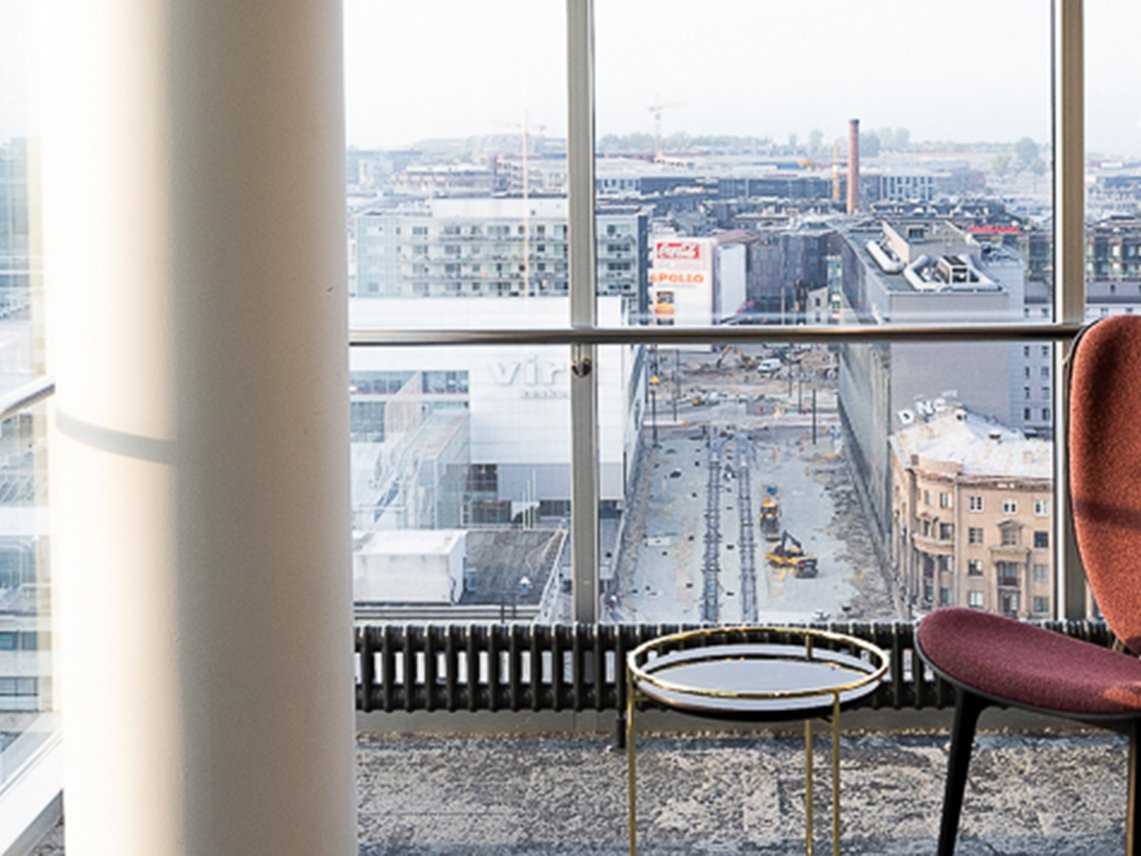Travellers warned to take care with used boarding passes
Printed boarding passes are a significant security risk.
Although travellers can check in and board using their smartphones, boarding passes are often carried in printed form, and it is the physical documents that pose a significant security risk.
Boarding passes can be used to find out private information about the traveller, including planned trips, membership of frequent flyer programmes, and even telephone numbers and addresses. The information contained can even be used to change or cancel flights, and anyone with basic IT skills is able to do this, with access not limited to sophisticated hackers.
This is because an unauthorised user can use the printed barcode and booking number to find information about the traveller from the respective airline's platform. Airlines’ security measures are inadequate, with booking codes and surnames often enough to obtain detailed information, even allowing people to change passwords. Barcodes on boarding passes can also be used for this purpose via so-called barcode scanners, with IT experts demanding for years that airlines change their regulations in this regard.
Boarding passes should, therefore, not simply be thrown in the wastepaper basket after use – especially not in hotels or at the airport. It is best to tear them up and dispose of the parts in different places; it would be particularly careless to take pictures of boarding passes and then post them on Facebook, for example, a habit that is not at all uncommon.












